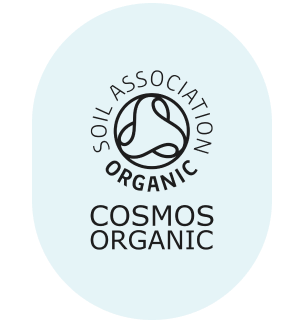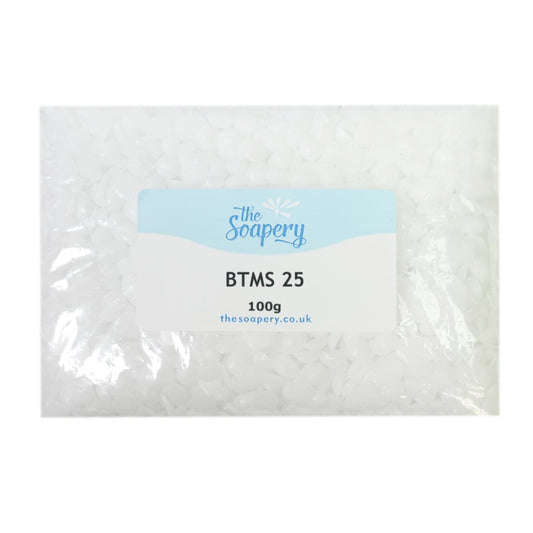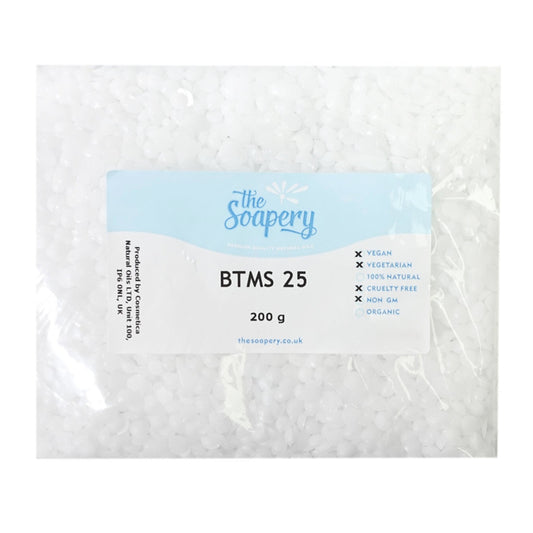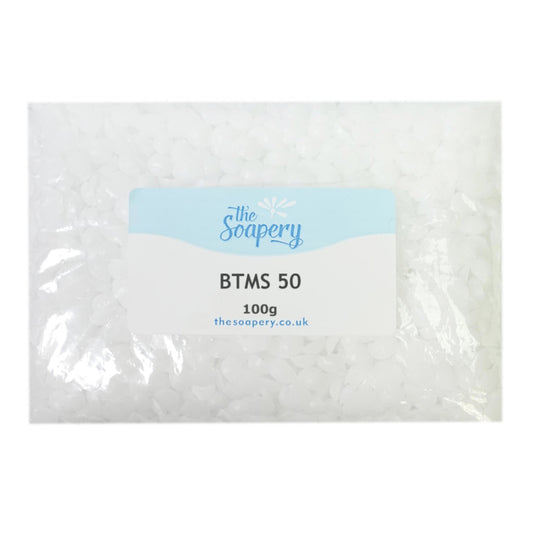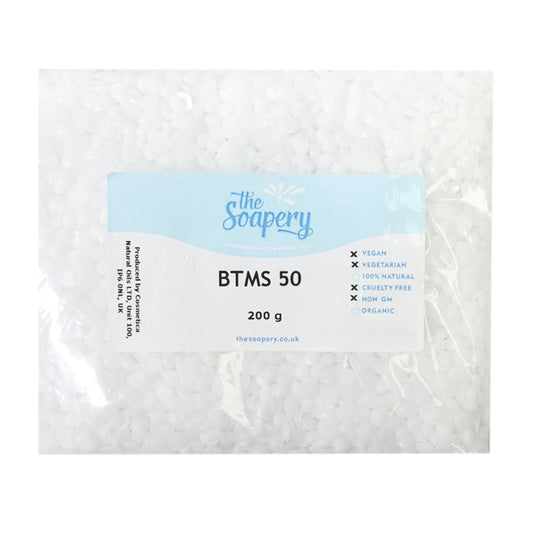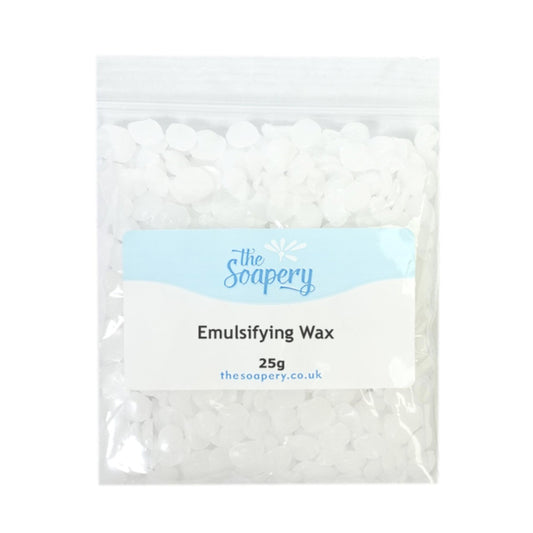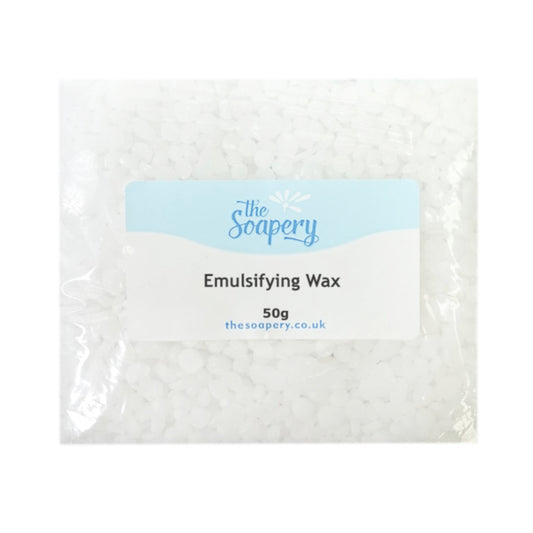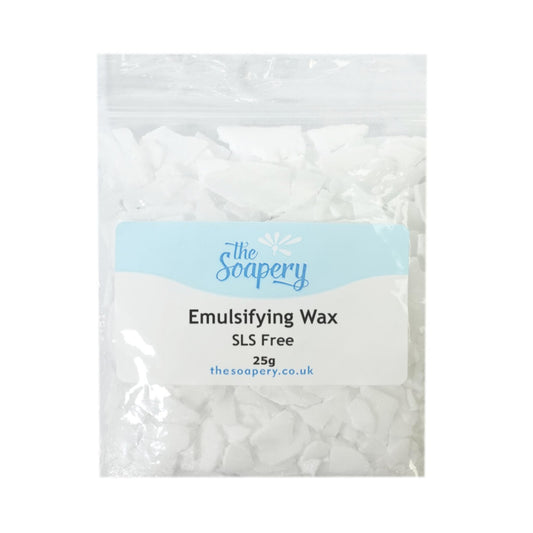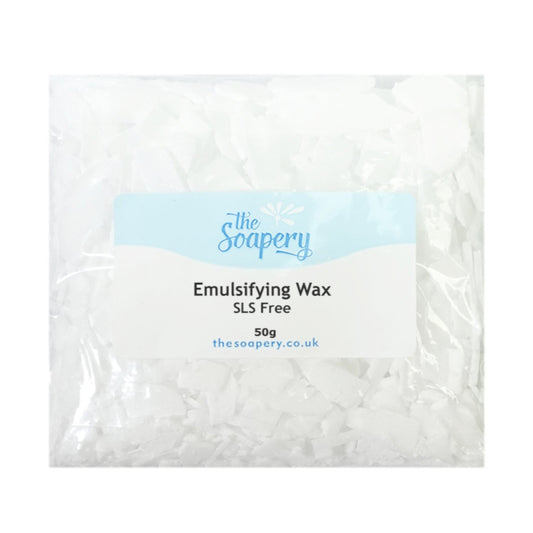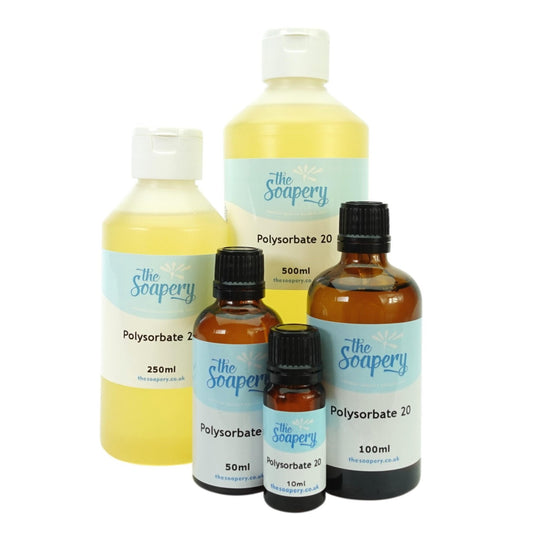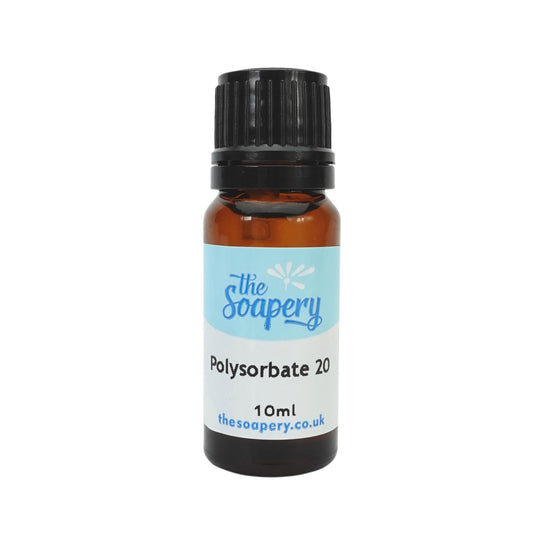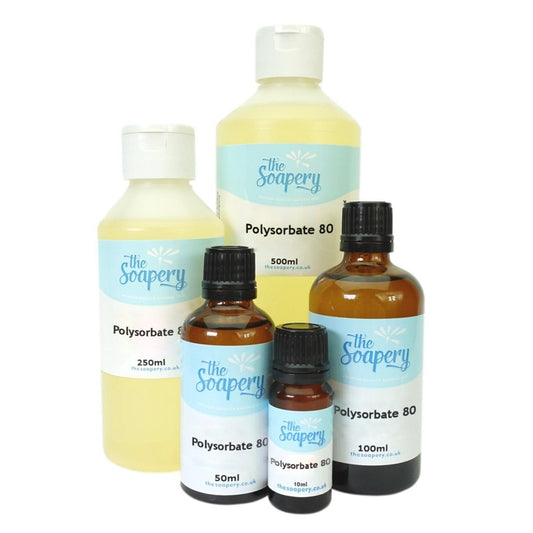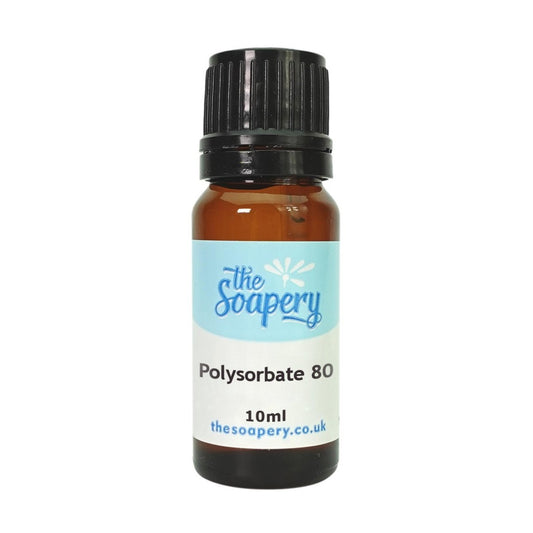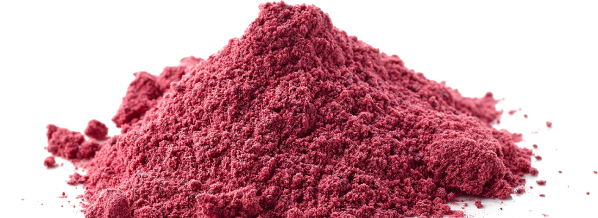
-
Emulsifying Wax SLS Free
Why choose The Soapery?
-
Free Mainland UK Shipping
Get your ingredients quickly at no extra cost.
-
Same Day Dispatch*
Order before 3pm to have your package sent then and there.
-
Low Pricing
No glossy marketing or false promises mean big savings.
-
Ethical Suppliers
No qualms here. Our ingredients are ethically and sustainably sourced.
About Emulsifiers
Have a tricky formula at hand? Mixing water and oil? In a binding bind? Our cosmetic emulsifiers are here to help. These hand-selected ingredients make the perfect ‘glue’ - holding formulas from soaps to creams together in perfect harmony.
Learn More About A Cosmetic Emulsifier
Get mixing!
Oil and water don't naturally mix - that is, without a little help. That’s where an emulsifier steps in and plays mediator, helping create a homogenous mixture, or ‘emulsion’! Our cosmetic emulsifiers are the perfect addition to any recipe.
What are Cosmetic Emulsifiers?
A crafting and cosmetics essential.
These magical ingredients are what help blend water and oil-based products, like lotions, creams, and shampoos.
An emulsifier is needed when mixing oil and water together in formulations. They blend the vegetable oils or essential oils in water to create a smooth emulsion. An emulsifier can be used in cosmetic products like lotions, creams, serums, body butters, ointments, conditioners and hair treatments.
Expertly sourced from plants, animals, or chemical synthesis, an emulsifier comes in two main forms: oil-in-water and water-in-oil. Whilst the former is a great option for a lotion or cream-like end result, water-in-oil emulsifiers are perfect for those seeking a thicker, more balm-like consistency.
Some of our most popular emulsifying ingredients include emulsifying wax, polysorbate 80, and BTMS - all of which bring unique benefits to the table. Some emulsifier products are naturally derived but are not 100% natural, however they are a great more natural emulsifier alternative. From volumising and lathering to thickening and beyond, an emulsifier can do more than just bind!
Ready to get started? Why not browse our range of cosmetic emulsifiers now?
How to Use An Emulsifier in Cosmetics
Let’s bring your creations to life!
In most recipes, heating your water-based and oil-based ingredients separately before combining them is key to creating that coveted emulsion. Our experts recommend making sure both are at similar temperatures before mixing them and using a tool like an immersion blender to ensure a smooth result.
Of course, there are hundreds of different cosmetic emulsifier options on the market, meaning that before you start mixing, you’ll need to make the right buying choice. Whether your haircare recipe calls for BTMS’ binding power or you’re in need of a pinch of polysorbate 80 for your bath bomb, be sure to do your research, and double-check your instructions for individual quirks, tips, and tricks!
The Benefits of Cosmetic Emulsifiers
Blend and bind.
Our customers love using cosmetic emulsifiers! These handy little helpers do all sorts of amazing things for their creations.
An emulsifier gives anyone the power to level the playing field. Beyond binding, the right emulsifier has the power to create just the right texture - making your products feel amazing on the skin. No need for shaking or stirring here!
And let's not forget about effectiveness. By helping to evenly distribute all the good stuff, emulsifiers can make your products even more effective at doing what they're supposed to do. Whether it's moisturising, cleansing, or refreshing, there’s a cosmetic emulsifier for the job.
Our Favourite Skincare Recipes
We Value Each of Our Customers
Accreditations/Awards
We’re committed to offering a vast range of all-natural, organic products certified by The Soil Association, and we take pride in doing our part for the world around us.
Like most ingredients, the oils, butters, powders, and decorations in your handmade products are farmed or extracted from the natural world. Those certified as organic by the Soil Association were grown, produced, and harvested in line with strict regulations designed to protect and sustain the environment, including soils, ecosystems, animals, and people.
